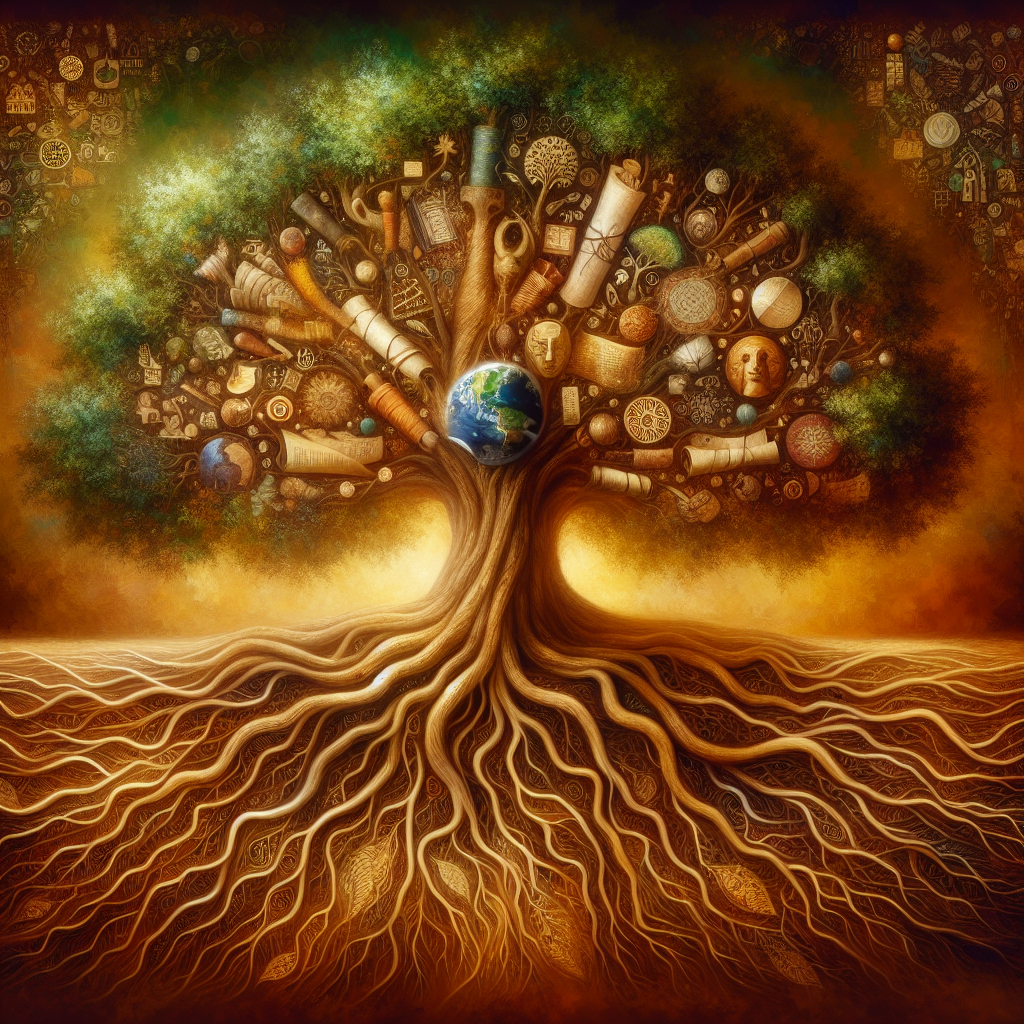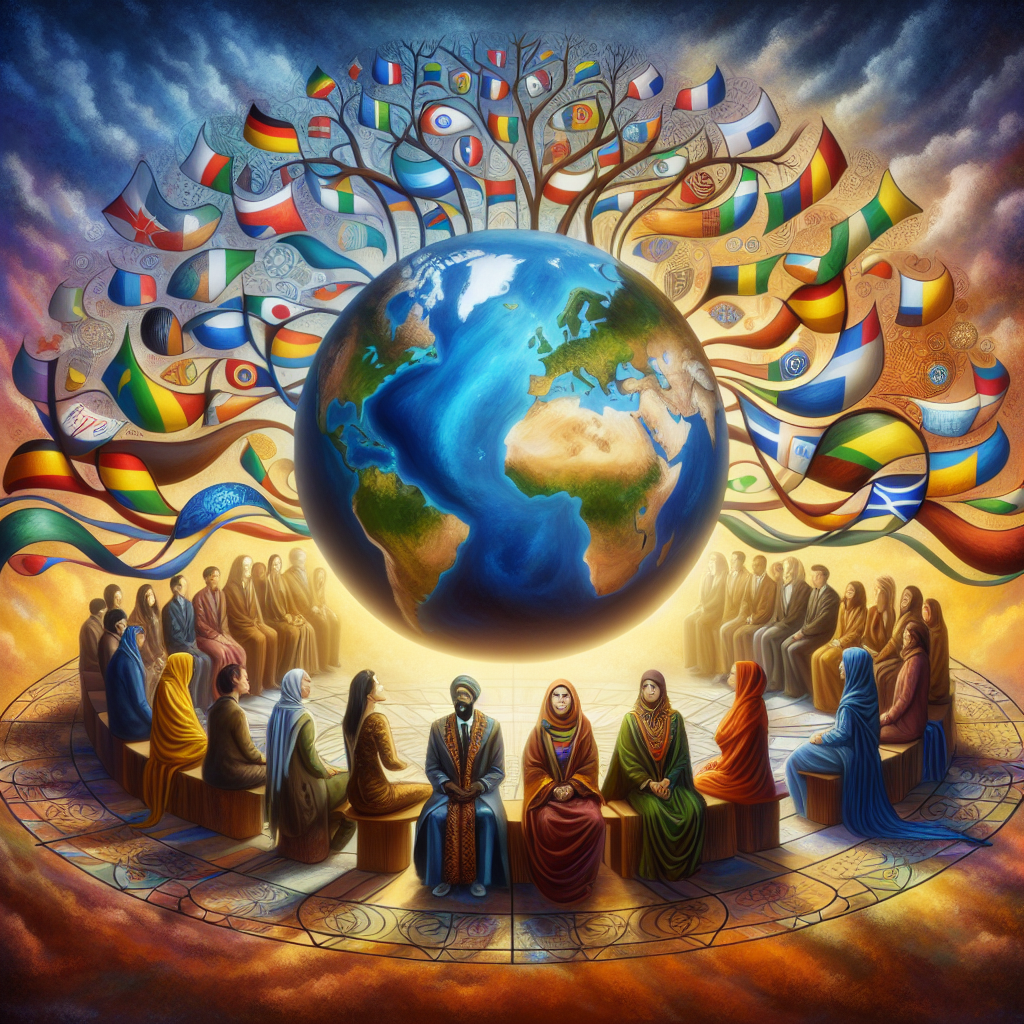The Importance of Language in Cultural Identity
Language is more than just a means of communication; it’s a powerful tool that shapes our world, our connections, and most importantly, our identity. As we delve into the intricate relationship between language and cultural identity, we uncover how deeply intertwined these two concepts are. Join me as we explore the essential role language plays in maintaining and fostering cultural identities across the globe.
The Role of Language in Shaping Cultural Identity
Language is the vessel through which culture is transmitted. It carries the nuances of tradition, history, and values from one generation to the next. When we speak our native language, we are not only exchanging information but also expressing our cultural heritage. This connection is vital because it enables individuals to feel a sense of belonging and pride in their cultural roots.

For instance, indigenous languages often hold a wealth of knowledge about the local environment, traditional practices, and community values. When these languages are preserved, they serve as a repository of cultural wisdom that can guide future generations. On the other hand, language loss can lead to a diminished sense of identity and disconnect from ancestral roots.
Language as a Unifying Force
Language unites people within a cultural group, creating a shared sense of identity and community. It fosters solidarity among those who speak the same language, enabling them to connect on a deeper level. This unity is essential in maintaining cultural traditions and fostering a sense of belonging among community members.

Consider the role of language in diaspora communities. Even when living far from their homeland, individuals can maintain their cultural identity through language. It allows them to celebrate cultural festivals, share stories, and pass down traditions to younger generations, ensuring that their cultural identity remains vibrant and alive.
The Impact of Language Loss on Cultural Identity
When a language is lost, so too is a part of the cultural identity associated with it. Language extinction is a pressing issue, with many languages around the world at risk of disappearing. This loss can lead to a weakened cultural identity, as language is often the cornerstone of cultural expression and continuity.
The impact of language loss is profound, affecting not only individual identity but also the cultural diversity of our world. Efforts to revitalize endangered languages are crucial in preserving cultural identities. Language revitalization programs and educational initiatives can play a significant role in keeping languages alive and, with them, the cultural identities that they represent.
Language and Personal Identity
On a personal level, language is a key component of how individuals perceive themselves and their place in the world. It influences our thoughts, emotions, and interactions with others. Speaking one’s native language can evoke a sense of comfort and authenticity, allowing individuals to express themselves more freely and genuinely.
Moreover, bilingual or multilingual individuals often navigate multiple cultural identities, each associated with the languages they speak. This linguistic diversity enriches personal identity, providing a broader perspective and deeper understanding of different cultures.
Conclusion: Celebrating Linguistic Diversity
Language is a cornerstone of cultural identity, playing a vital role in shaping how individuals and communities understand themselves and their place in the world. By celebrating and preserving linguistic diversity, we can ensure that cultural identities remain strong and vibrant. As we embrace our own linguistic heritage and encourage the preservation of all languages, we contribute to a more culturally rich and diverse world.
FAQs
Q: Why is language important for cultural identity?
A: Language is crucial for cultural identity because it transmits cultural traditions, values, and history. It provides a sense of belonging and continuity, allowing individuals to connect with their cultural roots and community.
Q: How does language loss affect cultural identity?
A: Language loss can weaken cultural identity by erasing the nuances and knowledge embedded in a language. It can lead to a disconnect from cultural heritage and diminish the cultural diversity of the world.
Q: Can learning a new language affect personal identity?
A: Yes, learning a new language can enrich personal identity by providing new perspectives and insights into different cultures. It allows individuals to navigate multiple cultural identities and enhances their understanding of the world.
Q: What can be done to preserve endangered languages?
A: Efforts to preserve endangered languages include language revitalization programs, educational initiatives, and community involvement. Supporting these efforts can help maintain the linguistic and cultural diversity of our world.




Leave a Reply
You must be logged in to post a comment.